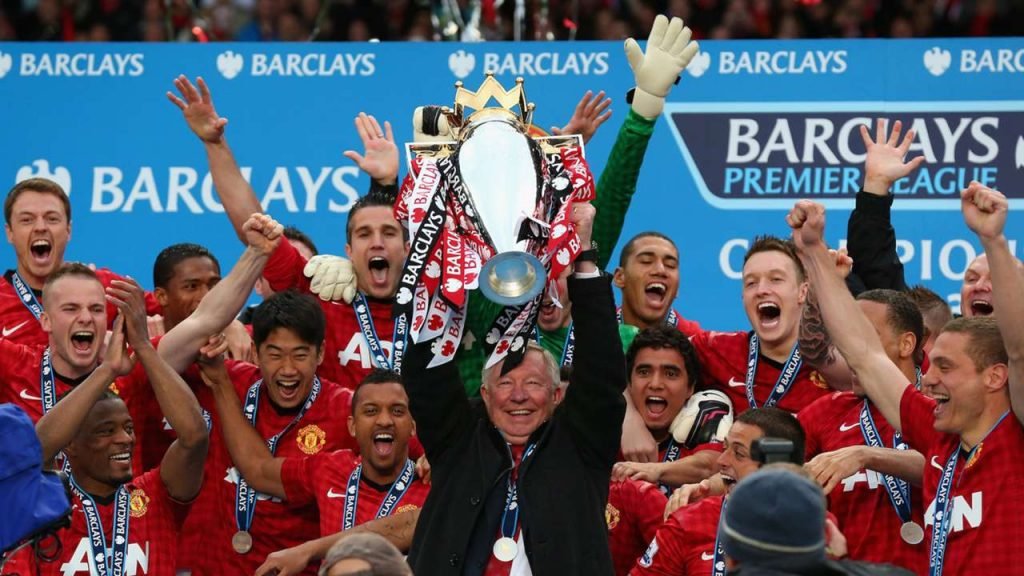
Eliminating Weaknesses – Management Error
“To err is human” – every man has his weakness. However, some people achieve outstanding results at work, others do not. So, what is the reason for the difference?
It is easier to imagine from the football field, where the results are rather visible. Manchester United (MU) under the direction of Sir Alex Ferguson was one of the most successful teams in England, even in Europe. During his 20 years in the role of a head coach of MU, Sir Alex Ferguson proved his ability to effectively manage. Moreover, he was invited by Harvard University to exchange management experience with MBA students from Harvard Business School (HBS). The reason for MU to maintain such a high and stable position for so long is that the team’s key players promoted their forte and did not try to eleminate their weaknesses.
David Beckham, the player wore to the No. 7 shirt is an example. The problem of fitness and ability to tackle were his weaknesses. However, Beckham did not find a way to overcome his weaknesses, but instead, he focused on practicing two strong skills – taking free kicks and passing the ball to teammates. Therefore, Beckham was always present in the main team, always stoods out and much contributed to in MU’s achievements.
Similarly, in business, Japan\’s Sony has become a global brand, because the two co-founders knew their weaknesses and worked together for success. Akio Morita was not good at engineering while Masaru Ibuka was not good at marketing and sales. Therefore, Akio Morita was in charge of the sales. In 1953, he even took his family to the US to promote penetration into the US market. Masaru Ibuka was in charge of engineering and manufacturing, launched pioneering products such as radio, Walkman etc.
Strengths of a person are often difficult to visible while his/her weaknesses are always “exposed”. Therefore, psychologically, people often conceal or eliminate weaknesses. Concealing weaknesses will often lead to failure, while weaknesses elimination will lead to improvement. But this progress is relative, which is a little higher than the previous achievement but not yet equivalent to the the high standards required by the job. However, both of these ways are wrong from the perspective of management.
For the organization, in the annual summary reports, the information on the limitations or weaknesses is always emphasized, along with the analysis of causes of limitations or weaknesses and the proposal of remedial measures. This is also an inherent mistake which is noticed by few people and even becomes a practice.
Prof. F. Malik is the one who has pointed out in details the managers’ errors in operating the organization, including elimination of individual weaknesses. He even said that forcing employees to eliminate their weaknesses is an inhuman treatment.
Individuals, organizations and businesses can learn more about the above contents in the book “Management: Essence of the Craft” by Prof. F. Malik.
News and photos by Institute for Strategic Leadership Development Research (Sleader)






